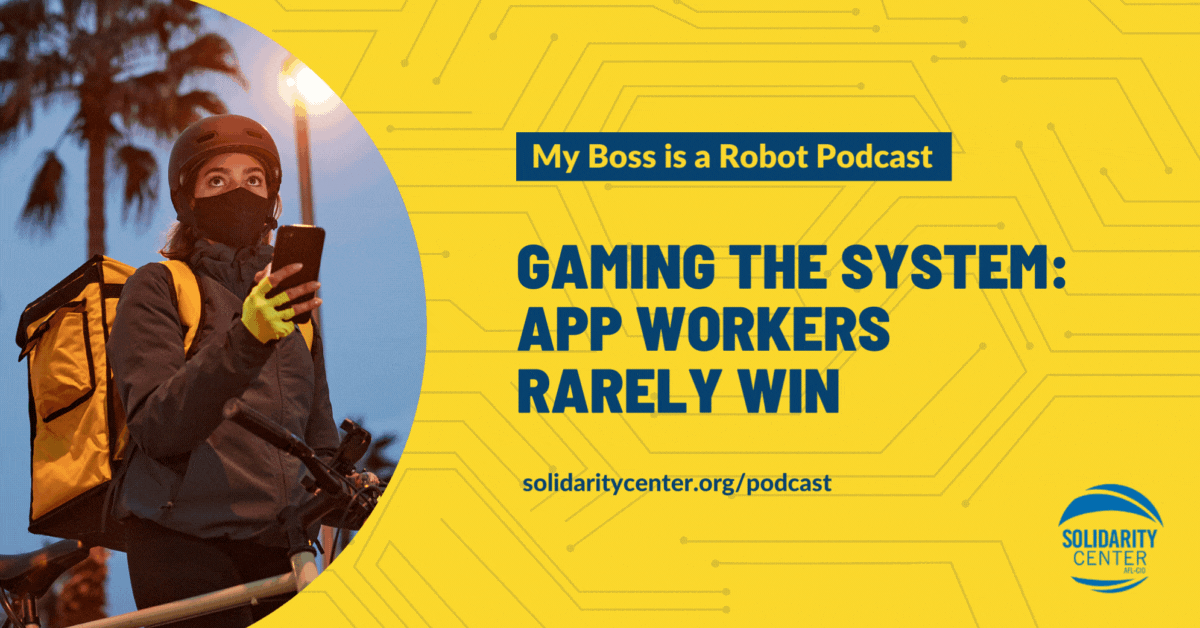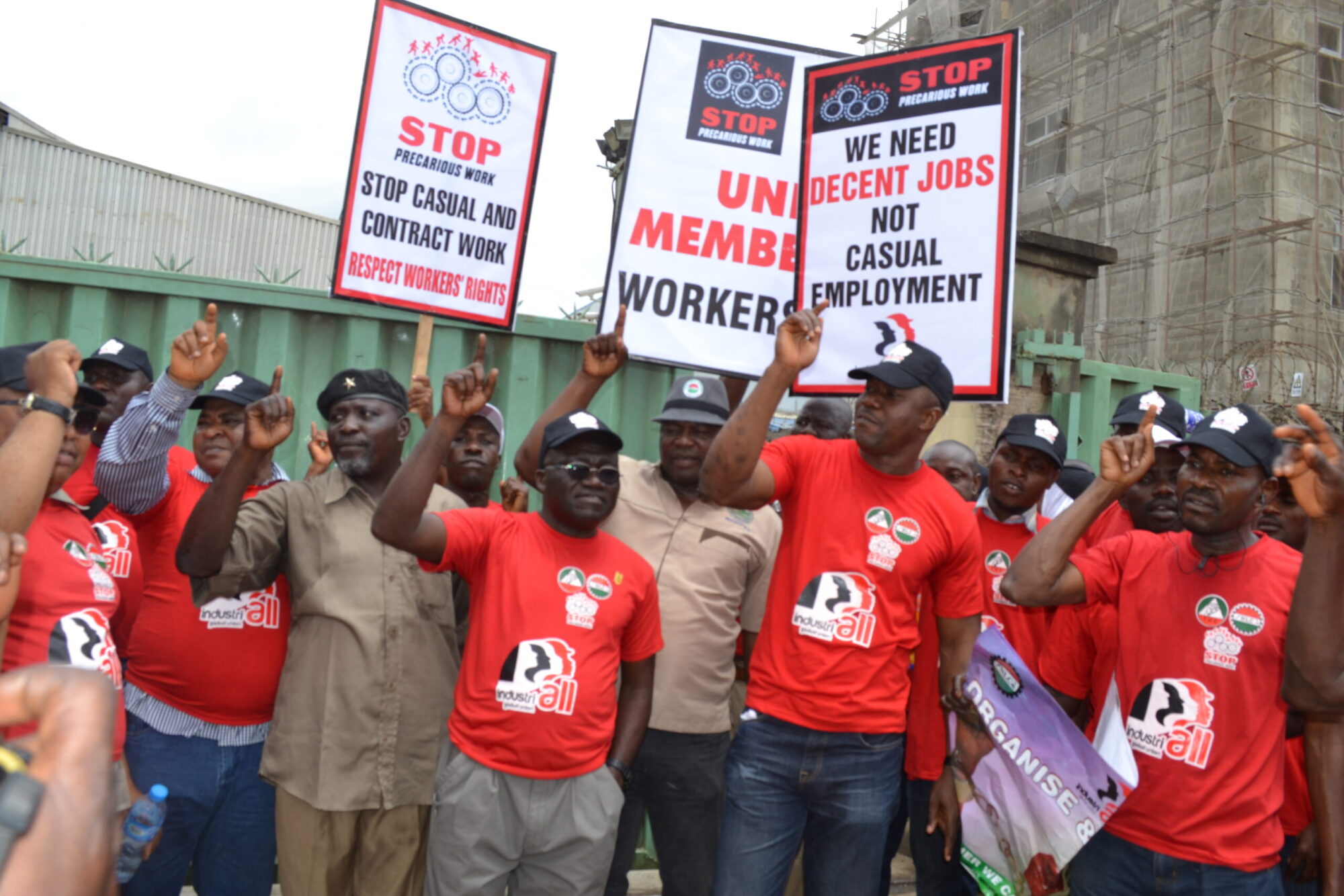Food delivery and passenger service drivers and are forced to follow the company apps. But if apps miscalculate and send drivers in the wrong direction, or lower wages for drivers stuck in traffic, it’s the driver who loses wages, or is even booted from the platform....
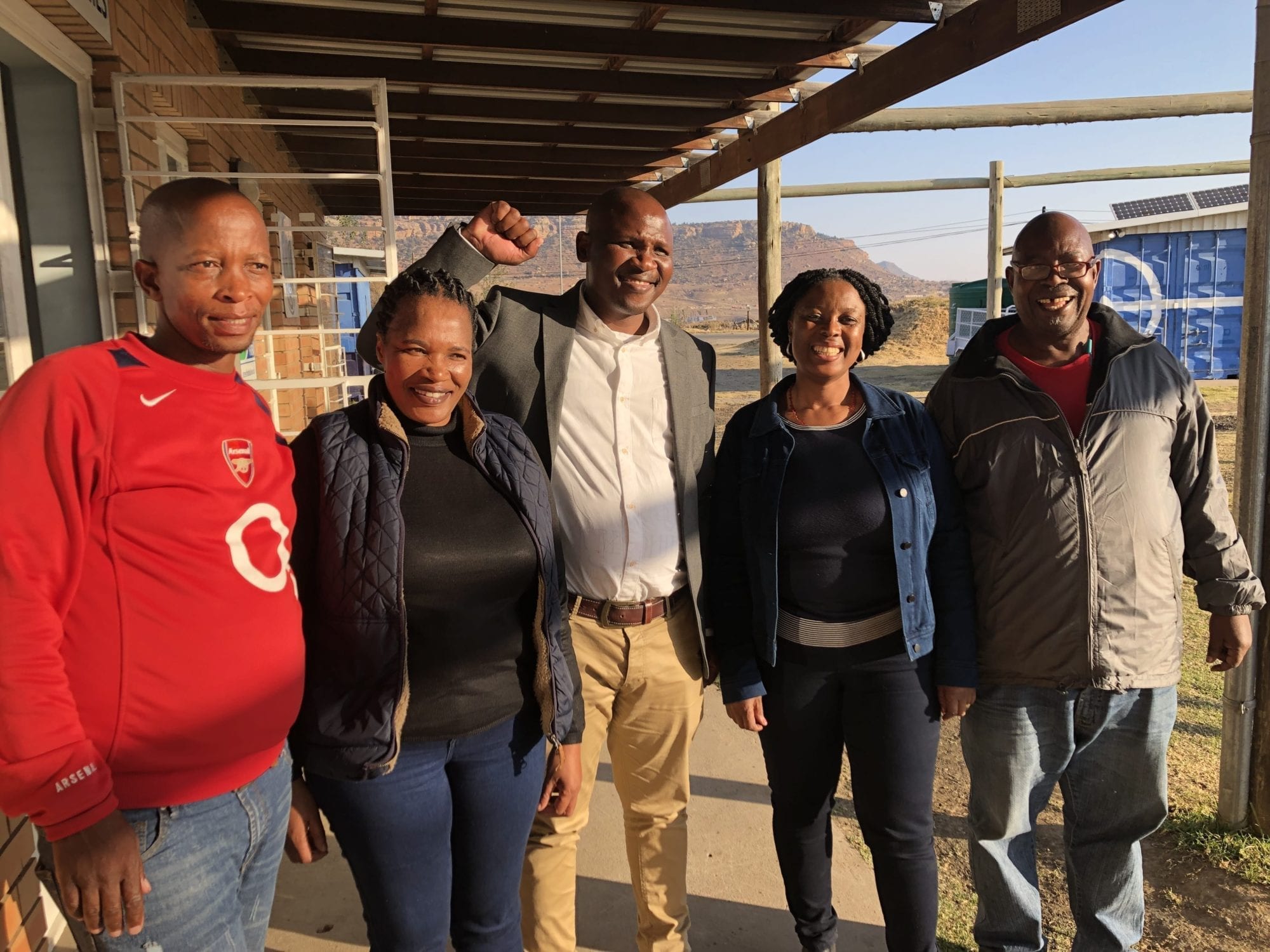
Garment worker leaders in Lesotho celebrate a new contract that moves toward a dignified, decent future of work. Credit: Solidarity Center/Shawna Bader-Blau
The future of work must be shaped by the women and men who are essential to the work process, who build our houses, sew our garments and design our computers. That is why the future of work must be rooted in democracy, the ability of all workers to freely form unions and collectively bargain to assert their fundamental rights in shaping workplaces that are fair, democratic and humane.
The Solidarity Center is advancing a worker-centered future of work through programs that encompass the voices of the Global South, put people before profits and confront the long exclusion of the most marginalized workers, including migrant workers, informal economy workers and women, especially in global supply chains such as the textile industry.
For instance, the Solidarity Center partnered with Lesotho-based unions and women’s rights groups, major fashion brands and international worker rights organizations to negotiate a landmark agreement with factory owner Nien Hsing Textiles that will address the rampant gender-based violence and harassment denying thousands of women garment workers a safe and dignified workplace in Lesotho.
Importantly, the agreement includes the freedom to form unions and collectively bargain, and is worker designed, with workers as full participants, equal in crafting and implementing the future they envision, one that ensures they are treated with dignity and fairness.
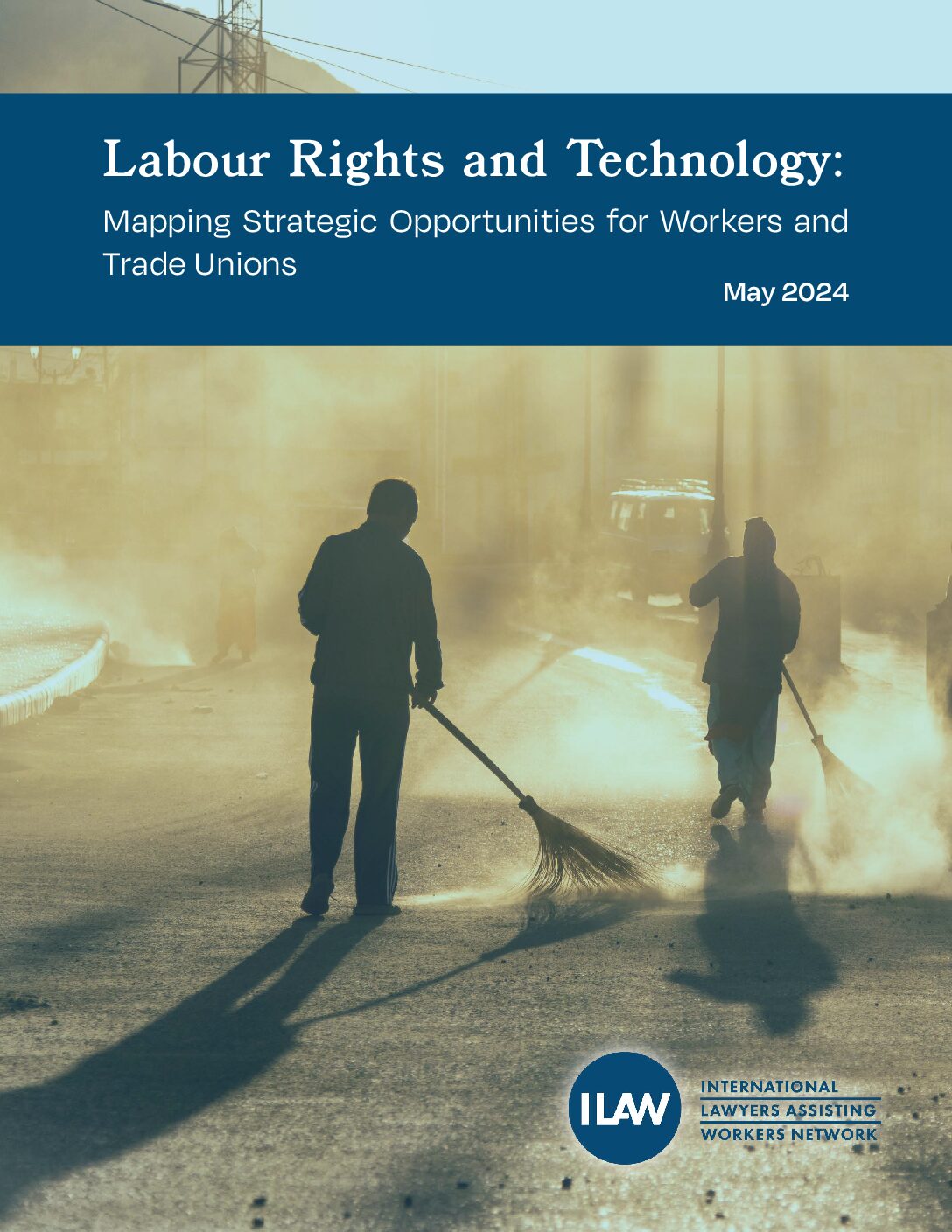
Labor Rights and Technology: Mapping Strategic Opportunities for Workers and Trade Unions
This ILAW Network issue brief, researched and drafted by Dr. Barbora Černušáková, maps some of the legal initiatives and strategies undertaken by workers and unions, and outlines opportunities for workers to challenge breaches of technology-driven labor rights through...
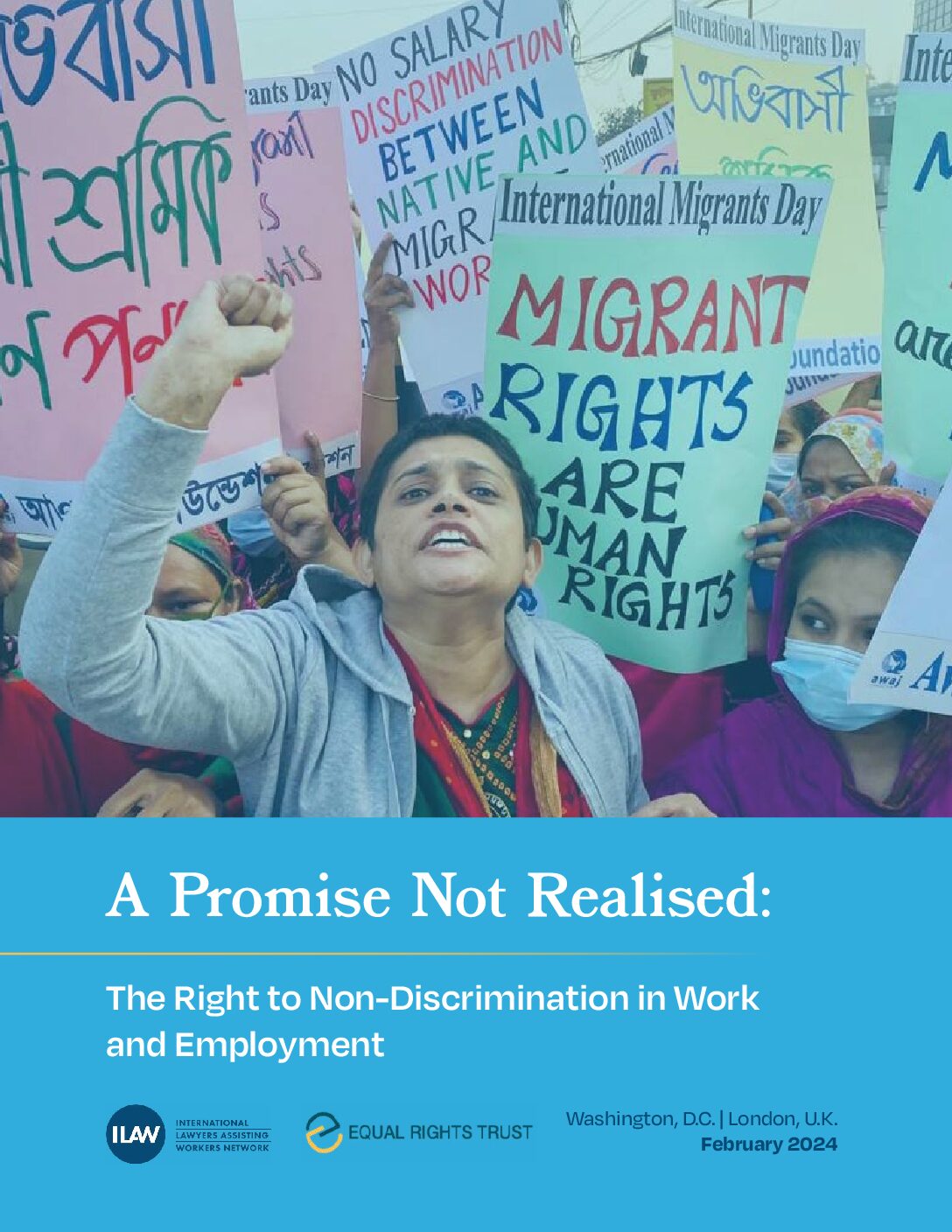
A Promise Not Realised: The Right to Non-Discrimination in Work and Employment
The ILAW Network is pleased to present our new report, A Promised Not Realised: The Right to Non-Discrimination in Work and Employment – a collaboration of the ILAW Network and Equal Rights Trust (ERT). This issue brief focuses on two main questions: (1) why does...
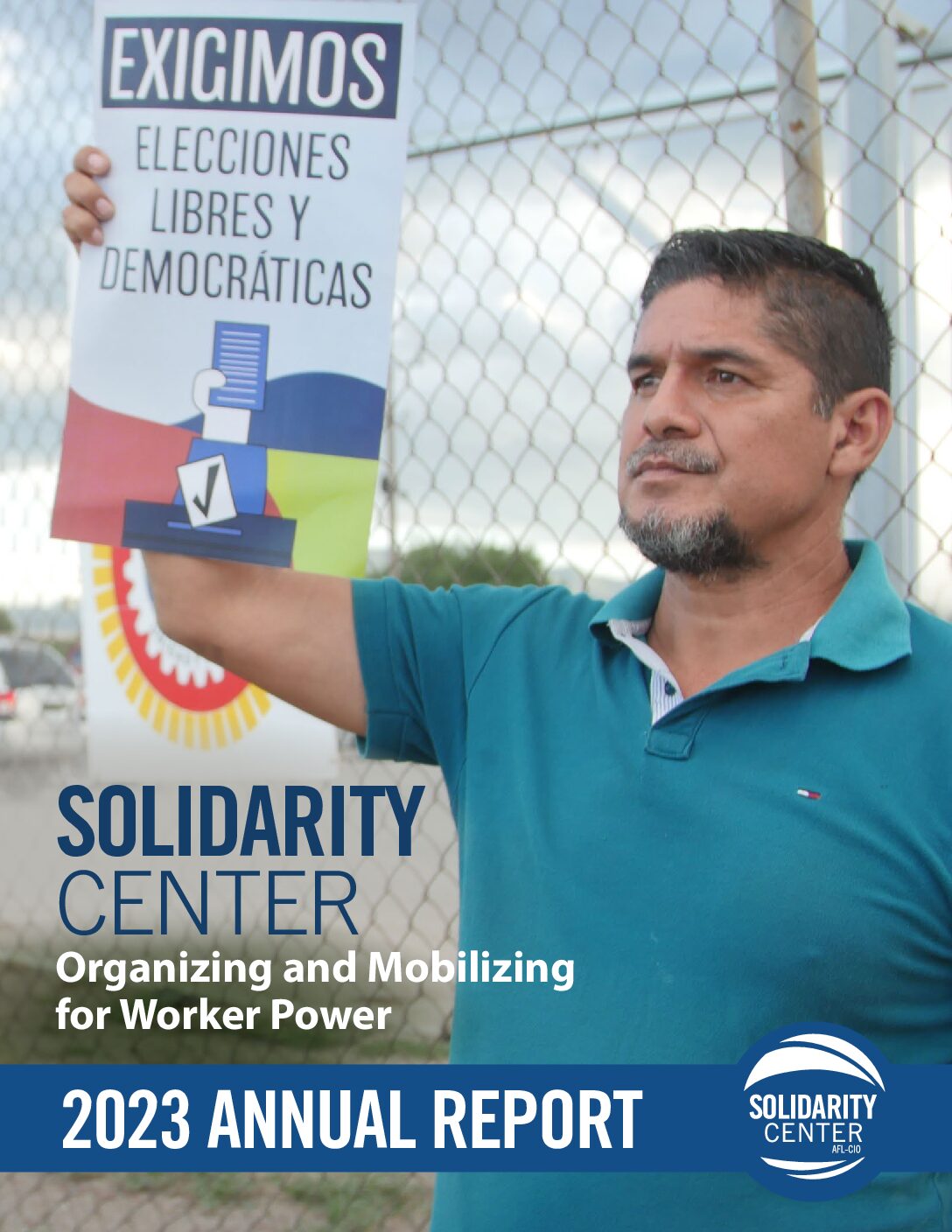
2023 Annual Report
In 2023, the Solidarity Center supported workers as they took on exploitative multinational companies and robot algorithms, demanded their governments tackle social ills and deliver on promises, and fought for justice in environments increasingly dangerous to those...
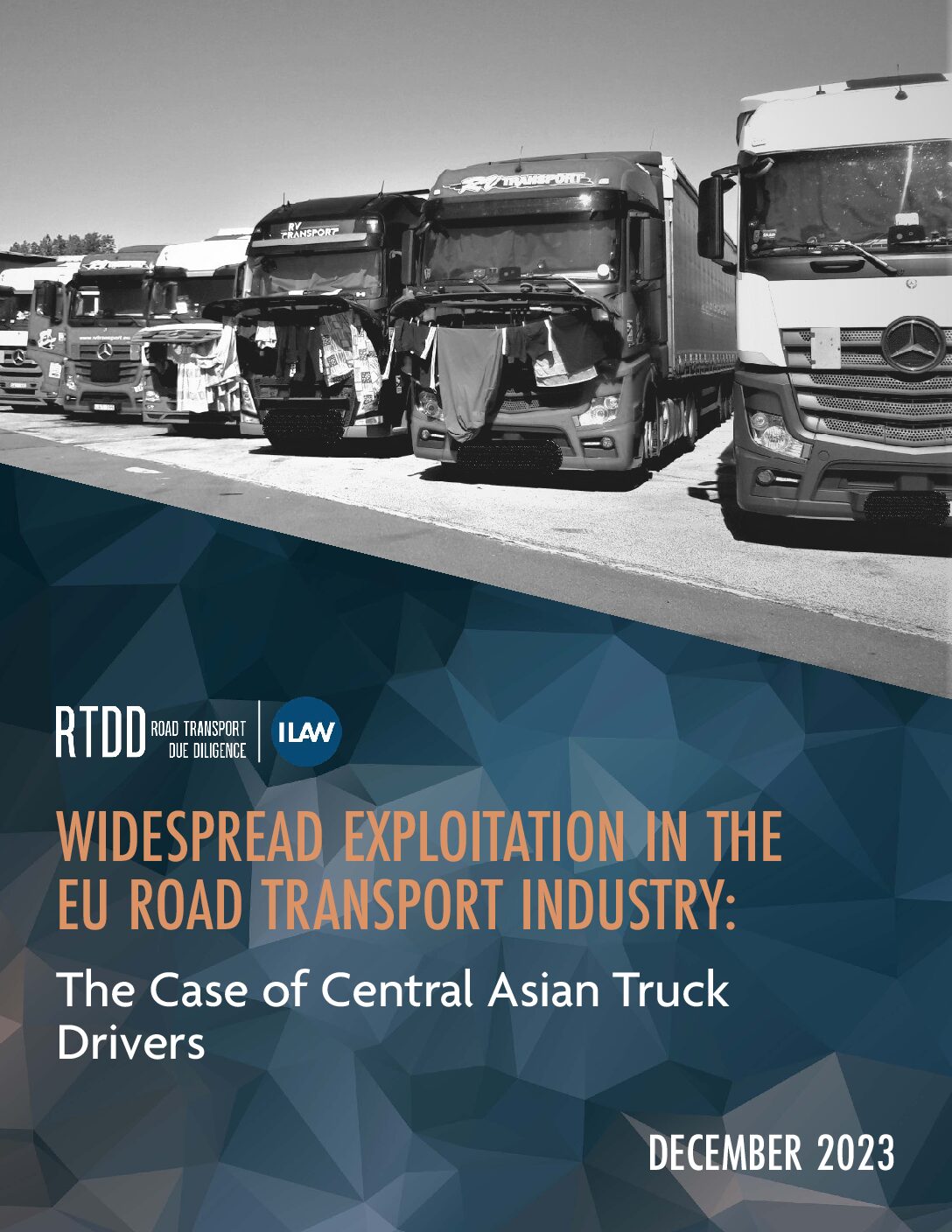
Widespread Exploitation in the EU Road Transport Industry: The Case of Central Asian Truck Drivers
The ILAW Network is pleased to present our new report, Widespread Exploitation in the EU Road Transport Industry: The Case of Central Asian Truck Drivers, written by Imke van Gardingen and Edwin Atema of Road Transport Due Diligence (RTDD). This research was supported...
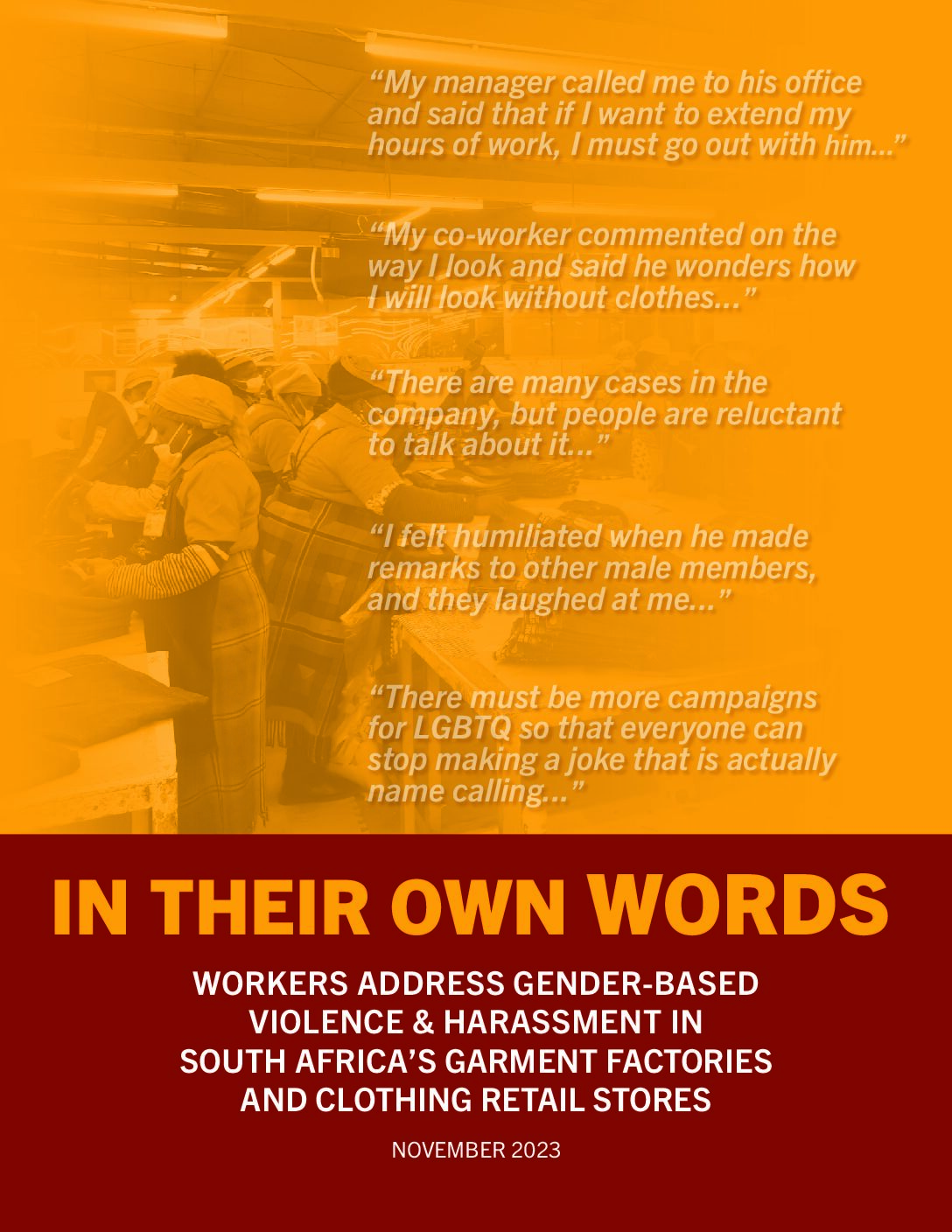
In Their Own Words: Workers Address Gender-Based Violence & Harassment in South Africa’s Garment Factories and Clothing Retail Stores
In South Africa, 98 percent of women garment and retail workers surveyed in 2022 said they had experienced one or more forms of gender-based violence or harassment, including physical abuse, unwanted sexual advances, psychological abuse, bullying and rape. To better...
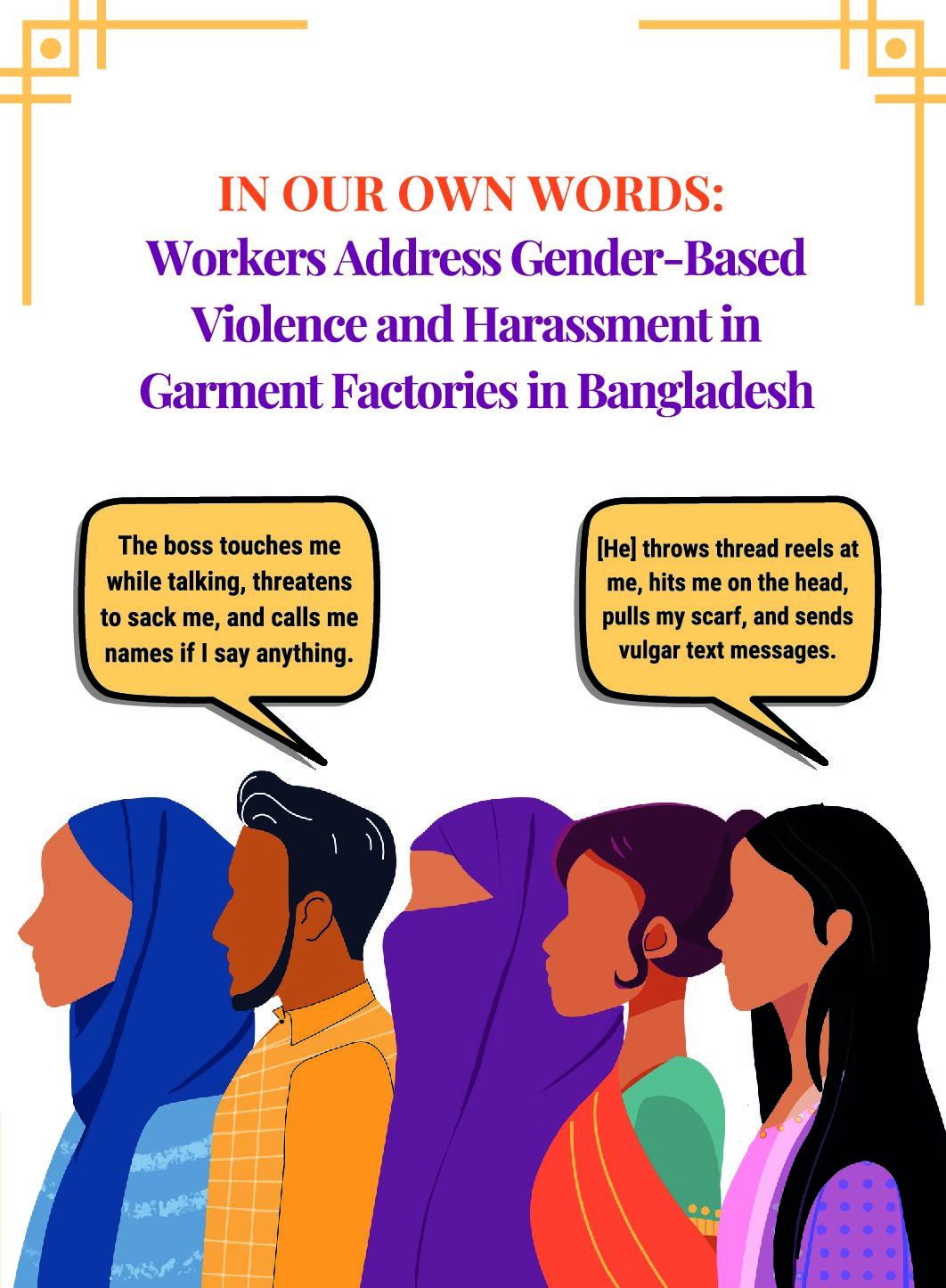
In Our Own Words: Workers Address Gender-Based Violence and Harassment in Garment Factories in Bangladesh
In Bangladesh, 80 percent of women garment workers surveyed in 2019 reported they had experienced or witnessed sexual harassment, molestation or assault, endured extreme verbal abuse or witnessed a factory manager or supervisor abuse and harass other women in the...


